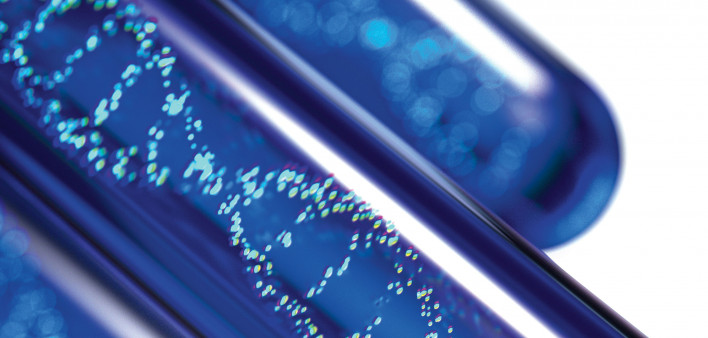An experimental gene therapy approach that aims to protect HIV-fighting T cells has been cleared for its first human trial, but a company’s claim that this is “the most promising potential cure for HIV in the world” is premature. American Gene Technologies (AGT) has developed a method for collecting immune cells from an HIV-positive person and selecting CD4 T cells that target HIV. These cells are then genetically modified to disable CCR5 receptors—the gateway most HIV strains use to enter cells—and genes involved in viral replication. The modified cells are then returned to the same patient. AGT says the modified cells, dubbed AGT103-T, cleared HIV in laboratory studies, but it has not yet reported results from animal studies. The Food and Drug Administration gave the go-ahead for a Phase I clinical trial, slated to start in September. AGT says it expects initial data by the end of 2020, but this will be far too soon to determine if the modified T cells persist in the body or whether they can maintain viral suppression after stopping antiretroviral therapy.

Istock
Cure: Gene Therapy
An experimental approach to protect HIV-fighting T cells has been cleared for its first human trial.






Comments
Comments